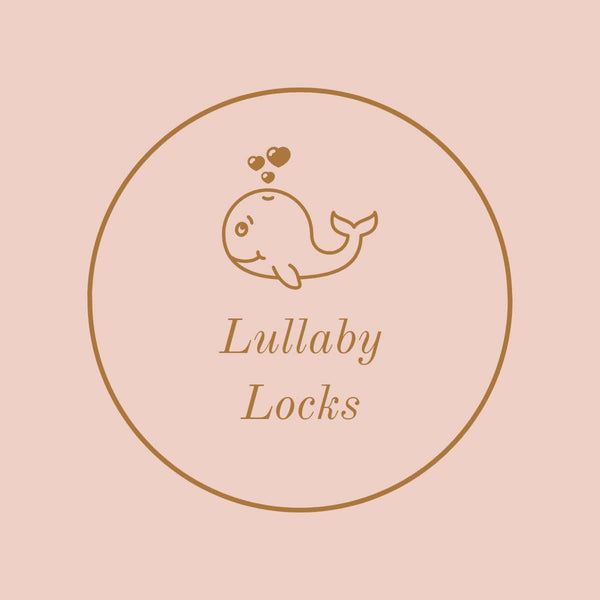Your baby’s giggles, wobbles, and babbles may seem like simple moments but every coo, reach, and roll is shaping their brain in powerful ways. In fact, play is the most important work your baby will do in their early years. Through play, babies learn to think, move, communicate, and connect with the world around them. The best part? You don’t need fancy toys or flashcards. Just your time, your voice, and a few intentional games can help your baby hit key developmental milestones with joy.
Here’s a guide to age-appropriate baby games that support physical, cognitive, emotional, and language development in the first year and beyond.
0–3 Months: Building Trust & Senses
At this stage, babies are adjusting to the world outside the womb. Their vision is still blurry, their necks are wobbly, and their primary need is comfort and bonding.
Developmental goals: Sensory awareness, bonding, early visual tracking
Play ideas:
-
Face Time: Hold baby close and let them study your face. Stick out your tongue, make gentle expressions, they’ll start to mimic!
-
Tummy Time: A few minutes a day on their tummy helps build neck and core muscles.
-
Contrast Cards: Show bold black-and-white patterns to stimulate visual development.
-
Soft Singing: Your voice is their favorite sound. Singing calms their nervous system and builds early language connections.
3–6 Months: Reaching, Rolling & Reacting
Now baby is discovering their hands, learning cause and effect, and beginning to interact more with people and objects.
Developmental goals: Motor skills, social engagement, early sounds
Play ideas:
- Mirror Play: Let them see their reflection. They won’t know it’s them yet, but they’ll be fascinated.
- Shake & Listen: Rattles or soft shakers help babies learn that actions make sounds.
- Reach & Grab: Hold toys just out of reach to encourage grasping and hand-eye coordination.
-
Peekaboo: Teaches object permanence, one of baby’s first cognitive leaps.
6–9 Months: Sitting, Exploring & Imitating
Your baby is now moving more, possibly sitting up, and beginning to understand patterns and people.
Developmental goals: Object permanence, cause-and-effect, beginning babble
Play ideas:
- Stack & Knock: Stack soft blocks and let baby knock them down. It’s a favorite at this age.
- Pass the Spoon: Offer safe household items to explore new textures and shapes.
- Sing & Clap: Songs with motions ("Pat-a-cake", “Wheels on the Bus”) build rhythm, memory, and muscle coordination.
-
Name Game: Point to and name body parts or family members to build early word associations.
9–12 Months: Standing, Cruising & Communicating
Your baby is learning to move with intention and starting to understand simple instructions.
Developmental goals: Early mobility, speech sounds, social engagement
Play ideas:
- Ball Games: Roll a soft ball back and forth. It teaches turn-taking and coordination.
- “Where’s the Toy?” Hide and Seek: Hide a toy under a blanket—they’ll love finding it.
- Simple Instructions: Say, “Give me the block” or “Wave bye-bye”. They’re beginning to understand language and respond.
-
Dance Time: Moving to music helps develop balance and rhythm, plus it’s tons of fun!
+ 12–18 Months: Walking, Talking & Pretending
This is the age of rapid development, your toddler is on the move and their personality is blooming!
Developmental goals: Independence, early speech, pretend play
Play ideas:
- Pretend Phone Calls: Give them a toy phone and talk to them. You’ll be amazed how quickly they imitate.
- Treasure Baskets: Fill a basket with safe household objects of different textures (wooden spoon, fabric, silicone lid) for open-ended exploration.
- Push-Pull Toys: Support gross motor skills and coordination.
-
Point & Name Books: Simple picture books help toddlers learn and repeat words.
Play with Heart, Not Pressure
There’s no perfect game or magic toy. What matters most is you. When you play with your baby, you offer more than stimulation, you offer love, attention, and connection. Those are the building blocks of every kind of growth.
So get on the floor, make silly faces, sing out of tune, and follow their lead. In these playful moments, your baby isn’t just growing, they’re becoming.

